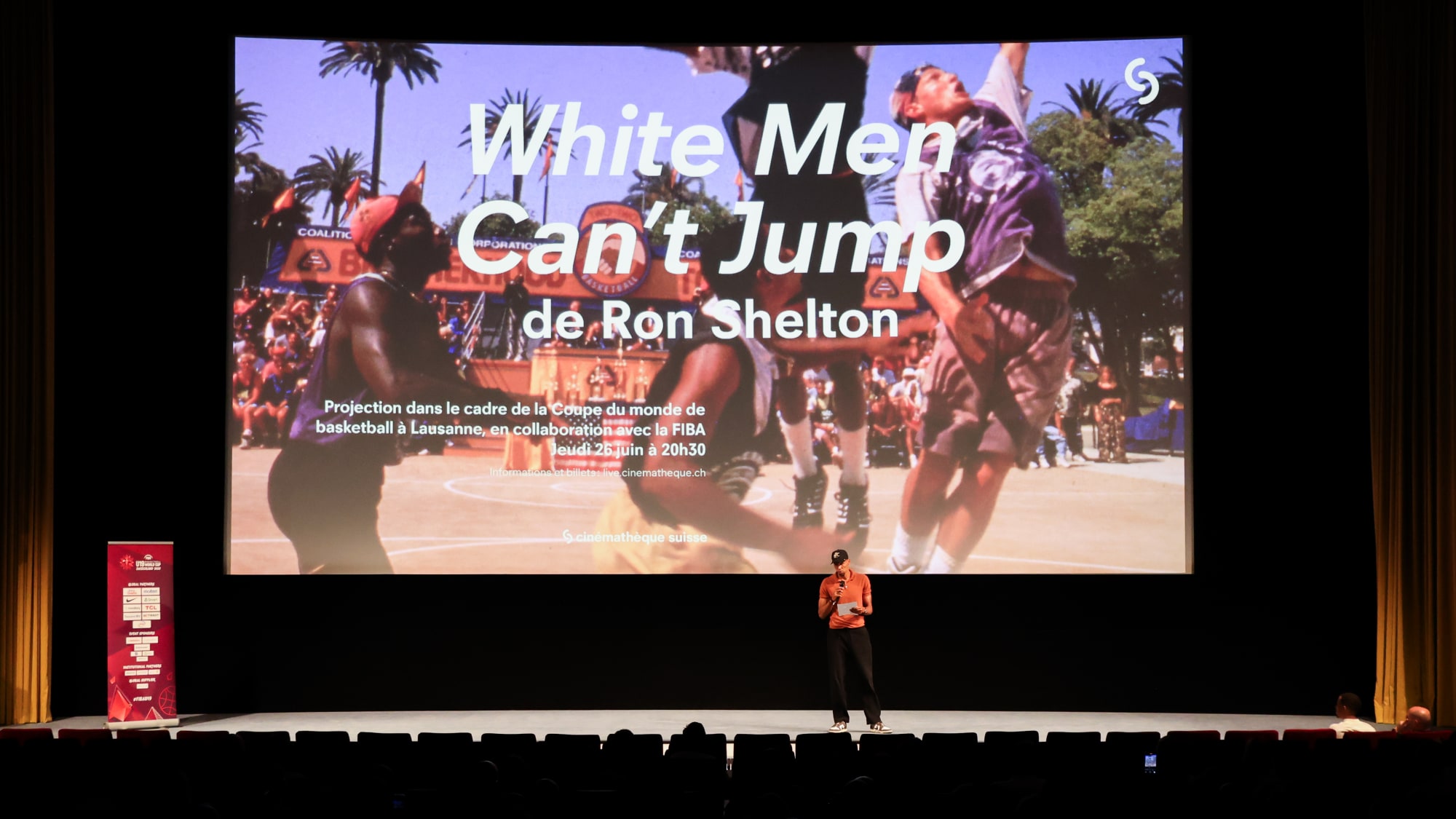AI Star Mila Headlines Golden Melody Festival's Virtual Idols Discussion
Taipei’s Golden Melody Festival conference lineup drew music professionals from across Asia and beyond, offering matchmaking sessions, showcases, and forums to promote the Mandarin-language music scene.
At the opening pitching session of the event, industry leaders gathered to explore a frontier that’s quickly becoming less science fiction and more pop reality: AI-generated virtual artists.
Titled “Creating the Artist of the Future: An AI × Metaverse Innovation Lab,” the talk introduced Mila, a virtual singer powered by AI and designed to exist seamlessly within the metaverse. On stage, Enjoy Record Co.’s CEO Eric Chen and Inventec Corporation’s senior VP Chaucer Chiu discussed the opportunities and philosophies behind this synthetic starlet.
Mila isn’t just a 3D avatar with a synthesized voice. She’s the result of a complex ecosystem that includes AI-driven personality development, real-time interaction in the metaverse, and cultural hybridization in her visual and vocal identity. Her creation involved everything from sound engineering and text-to-speech software to AI computing servers.
She represents “an extension of human emotion” and a new blueprint for fan-artist relationships. “The emotional connection between virtual idols and fans is, in fact, no weaker than with real artists,” Chen told Variety. “On the contrary, it can more easily overcome limitations of language, geography, and time.”
When developing the virtual singer, the team discovered that AI-powered personality design, interactive voice functions, and tailored social media content enabled fans to engage with her around the clock, which can lead to emotional bonds.
“This ‘co-creative companionship’ allows for a scalable connection that is difficult for traditional artists to achieve,” said Chen.
Still, the path to virtual stardom is fraught with creative and ethical questions. From a technical standpoint, the goal is to make virtual artists feel both natural and distinct, but the real creative challenge lies in giving them a sense of “soul,” in making audiences believe there’s more behind the avatar than just code and synthesis.
Just as crucial is ensuring that an AI artist’s personality doesn’t cross cultural or ethical boundaries. “Everything from her behavior and language to visual identity must go through a responsible design and review process,” said Chen. “As music producers, we also pay close attention to attribution, originality, and emotional authenticity in creative works. These are the ethical issues we need to scrutinize most in virtual music creation.”
Looking ahead, Chen said that AI music will become more widespread, but its chart-topping potential still depends on something algorithms can’t manufacture: human touch and emotional resonance.
“We don’t see AI as a replacement, but as a collaborator,” Chen explained. “The future of the mainstream market might involve ‘AI-assisted creation,’ ‘AI-optimized production processes,’ and even ‘AI personality artists charting,’ but the core will remain the resonance of content and value. Without that resonance, even the most powerful algorithms will just be background music.”








